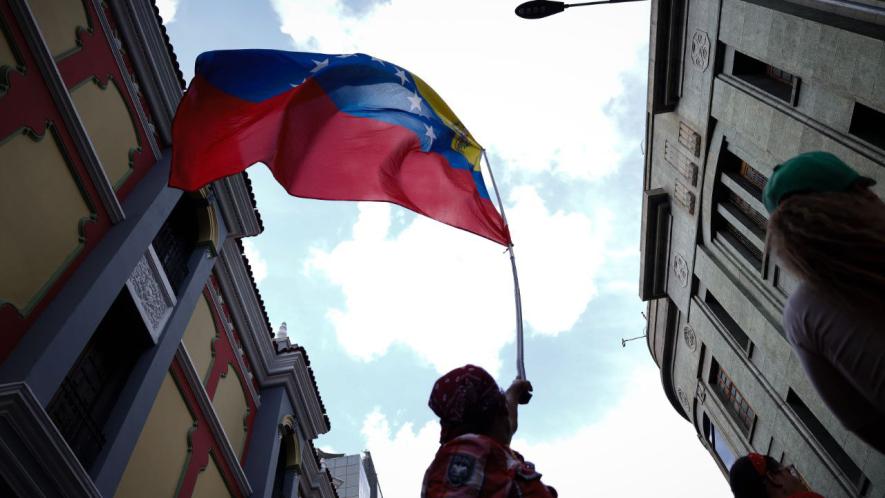Venezuela: Govt Slams ‘Sabotage’ to Electrical Grid After National Blackout

Photo: Franciso Trias
On Friday, August 30, the Venezuelan government announced that there was an attack on the national electricity system that affected the entire country. According to the Ministry of Communication, the attacks were recorded at around 4 am and affected all 24 Venezuelan states, including the capital, Caracas.
On social media the Minister of Communication, Freddy Ñáñez, reported that “at 4:50 am this morning, Friday, August 30, we were once again the victims of an electrical sabotage that affected several states in the country, including Greater Caracas.”
“At the moment, the electrical panel team is working to fully restore the service. A special ground transportation operation has been activated in the capital. No one will take away the peace and tranquility of Venezuelans,” said the minister.
The origins of the attacks and the exact locations have not yet been disclosed. The minister only said that it was “sabotage by fascist groups.”
The Ministry of Transport has announced a plan to guarantee free buses for the population until the problem is resolved. Minister Ramon Velásquez said that there are 250 active bus lines in the capital to make up for the problems in the metro.
The operation to guarantee transportation for the citizens of Caracas was confirmed by the multi-state channel Telesur, which showed images from a region of the capital on Friday morning.
“Metro stations, as we know, are not working because of the electrical sabotage, the blackout in several states of the country. People have gone out to work, they’re using surface transportation, private and public buses,” said Patrícia Villegas, journalist and president of the channel.
Reports of plans to attack the electricity system have been registered by the government since before the July 28 presidential elections.
The Minister of the Interior himself, Diosdado Cabello, had already denounced on Tuesday, August 27, an attempted attack on line 765 of the national electricity system, which covers the states of Zulia, Táchira, Mérida and Barinas, in the west of the country.
At a press conference on Friday, Cabello said that those responsible would be identified. “The enemy must know that each of their attacks will be met with a response so that we can continue to advance alongside the people. They were preparing attacks against the electricity system and they carried them out this morning,” he said. According to him, the aim is to stimulate violence in the country.
Electricity supply
The main source of electricity in Venezuela is hydroelectric plants. The Guri plant is the main one. It is located in the eastern region of Venezuela, in the far east of the country, and is responsible for more than half of the country’s electricity production.
The plant began construction in the 1960s and was inaugurated in 1978. The aim was to power Venezuelan mining production. According to Luis Rodríguez, an engineering professor at the Bolivarian Workers’ University, the construction of Guri and the country’s other power plants created a logistical problem for supply.
“All the main power plants in the country are far from the major centers. They were designed to power both mining and oil production in the last century. So the main problem is logistical. You need to transport this energy from far away. Any attack on an electricity grid harms the whole country,” he said.
This article was translated from an article originally published in Portuguese on Brasil de Fato.
Get the latest reports & analysis with people's perspective on Protests, movements & deep analytical videos, discussions of the current affairs in your Telegram app. Subscribe to NewsClick's Telegram channel & get Real-Time updates on stories, as they get published on our website.
























